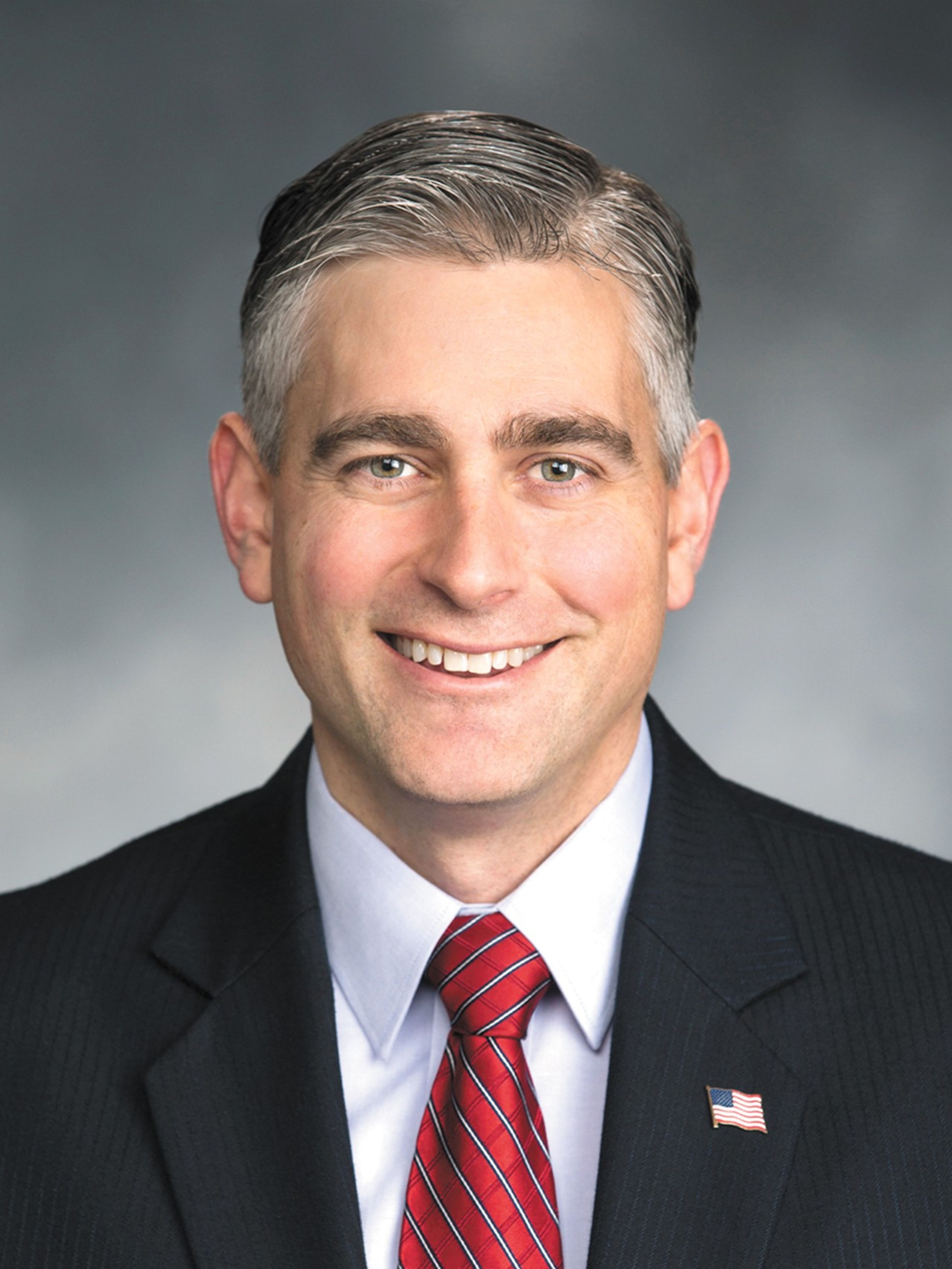ECHO heard throughout Idaho key to state’s coronavirus response
University of Idaho’s remote continuing medical education program helps circulate information
As the threat from coronavirus continues to mount, a virtual lecture series at the University of Idaho has become central to disseminating new information to physicians and their communities throughout the state.
Project ECHO is an international program that brings together medical professionals from different disciplines to lead remote trainings on specialized areas, said Lachelle Smith, the director for Idaho’s ECHO program. Smith said even before the pandemic, this has been a boon for general practitioners who live in areas with low populations where it is tough to sustain a presence of medical specialists like endocrinologists and oncologists.
“It’s a very simple idea but it really turns medical care on its head,” Smith said. “Our systems are set up for patients to travel to the specialist but this is a way (for us to) get that information to the providers in those rural communities so that patients can get the right care at the right place and the right time.”
Smith said the program is 15 years old but has only been in Idaho since 2018. While participation in ECHO does not make general practitioners into specialists, she said it does allow them to provide more specialized care for patients closer to home if needed. She said this allows the specialists in question to reserve their waitrooms for patients with more complex needs, and cuts down on wait times and cost of travel for patients.
When cases of COVID-19, the disease caused by the new coronavirus, began to increase in the U.S., it quickly became apparent that the ECHO program was uniquely positioned to reach many practitioners in the state at once. In an environment where the information is changing by the day — and sometimes by the hour — Smith said this kind of wide-reaching communication has been essential in coordinating a state-wide response to the pandemic.
“So we thought, here’s the platform that people are already familiar with, it’s easy, it’s accessible, they don’t have to travel (and) they don’t have to break social distancing restrictions,” Smith said. “It also give people a forum to have their questions answered, be able to voice their concerns and connect the dots so that we’re not working in silos, and we can have a coordinated response across the state.”
Jeff Seegmiller, director of UI’s WWAMI medical education program, said the state’s first ECHO meeting concerning COVID-19 saw far more participation than anticipated. He said more than 730 healthcare professionals and others from across the state, including Idaho Gov. Brad Little, attended remotely. Since then, he said, the UI has been holding two classes a week in two time zones — Tuesdays at noon according to Mountain Time and Fridays at noon according to Pacific Time. These events still hover around 190 attendees, Seegmiller said.
He said sessions on COVID-19 and previous sessions concerning subjects like opioid addiction and mental health, have been a potent way to keep physicians informed on best practice and new and evolving information.
“What we’ve found is it creates a community of learners around health care that’s improving not only their knowledge, their self advocacy, everything about their practices improving,” Seegmiller said. “When what they’re finding in the ECHO model as well is that they become the experts within their region and begin training and teaching other individuals in their rural towns.”
Those who wish to register to attend ECHO sessions can do so at www.uidaho.edu/academics/wwami/echo/covid-19.
Scott Jackson can be reached at (208) 883-4636, or by email to sjackson@dnews.com.






